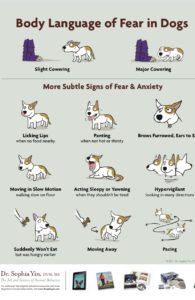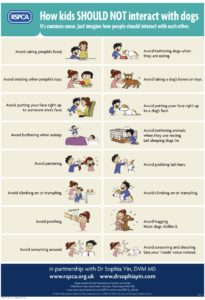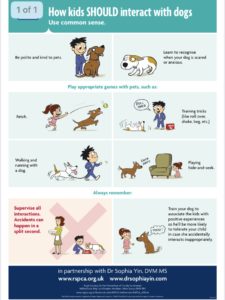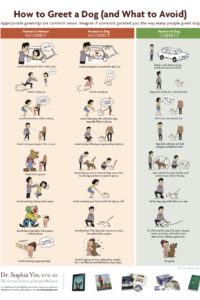The current Coronavirus outbreak has brought many changes to our everyday lives, this also applies to our pets. Our Dogs, Cats, Rabbits and all of our other animal companions we share our homes with, normally follow a regular routine, so changes to their daily patterns, spending more time with their human families and having less space may create feelings of frustration, anxiety or over excitement.
Let’s start with our canine companions – in short, dogs are designed to be part of a pack and get on with one another. Facial movements, body language, smell/pheromones, ear/tail position and vocalisation are some of the tools they use to communicate. Dogs are also great at reading facial expressions and behaviours of humans, so it makes perfect sense for us to try and understand what they are attempting to tell us too.

Our relationship with dogs has spanned decades. They are our constant companions, our best friends. Being able to understand their body language and realise what they are trying to tell us can diffuse a situation and keep everyone safe and happy. It is even more important at this challenging time to build safe relationships between younger family members and our canine chums. It is vital that children stay safe around our dogs, understand and respect them, so no harm comes to either.
Please take a moment to read the documents below, maybe you have seen some of these signals before?
Please continue to send us your photos, stay safe and keep in touch!



Direct links to advice posters:
Body Language of fear in dogs.
RSPCA How kids should interact with Dogs
RSPCA How kids SHOULD NOT interact with dogs.




